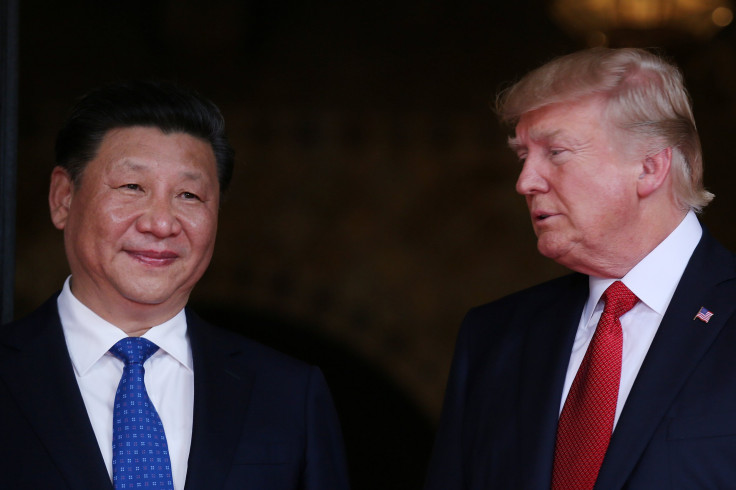How Much Will Trump's Veterans Choice Program Cost Taxpayers?

President Donald Trump signed into law the Veterans Choice Program Extension and Improvement Act, Wednesday, that extends the Veterans Choice Program. It also allows patients who are unable to schedule an appointment at a Veterans Administration facility in a timely manner to receive care from an eligible non-VA doctor for health care. The development comes as Trump makes an effort to deliver on one of his campaign promises.
The Veterans Choice Improvement Act signed by Trump removes barriers that Congress placed around the original Choice initiative and also eliminates an expiration date that would have ended the program in August this year.
The extension in the meantime will give Veterans Affairs Secretary David Shulkin time to develop a detailed healthcare plan for veterans. Under the newly signed law, the VA will be allowed to continue operating its Choice program until it runs out of funds, which is expected till early next year. The program was scheduled to expire on August 7 with nearly $1 billion left over, according to reports.
Read: President Donald Trump Signs Into Law “Vietnam War Veterans Recognition Act of 2017”
The Choice Program was introduced in 2014 by lawmakers after a scandal took place in which about 40 veterans died while waiting for months for appointments at the Phoenix VA medical center. It was initially formulated as a two-year pilot program that limited when and where veterans could choose to see private doctors. Only those patients could use the Choice program if they lived either more than 40 miles from the nearest VA hospital or if they could not get an appointment from their local VA facility within 30 days.
From his campaign days, Trump had promised to improve the healthcare facilities for veterans. According to the Committee for a Responsible Federal Budget, the Choice program cost up to $500 billion over 10 years. Critics are viewing this program as partial privatization that could end up weakening the VA entirely, according to Time.
In the budget request for fiscal year 2017, $75.2 billion in discretionary funding for VA has been proposed, which is a 5 percent increase above the 2016 enacted level. In addition, the budget includes $3.6 billion in estimated medical care collections, for a total discretionary budget authority of $78.7 billion. The budget also includes $102.5 billion in 2017 and $103.9 billion in 2018 advance appropriations for VA’s mandatory benefits programs. The budget proposed to provide $7.2 billion in discretionary funding for veterans’ care in the community, which, combined with resources from the 2014 Veterans Choice Act, will support over 15.6 million medical procedures for veterans by non-VA providers.
© Copyright IBTimes 2025. All rights reserved.






















